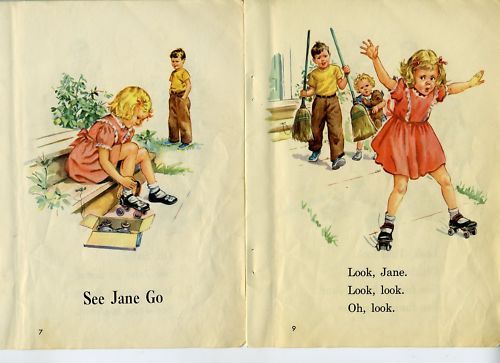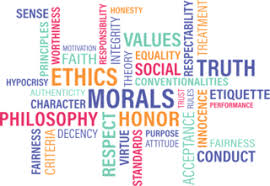My older son is coaching developmentally disabled children. He says his players are awesome—motivated, cheerful, willing. His players typically have cognitive impairments as well as physical disabilities, but they love to play. Basketball seems to be a universal language—even for kids with expressive and receptive language impairments. You have not perceived unbridled bliss until you watch a kid who lacks gross motor coordination dribble slowly down the court and make a basket. You wouldn’t think that 20 people in the stands could make more noise than 20,000 folks in an arena. But they do. It’s pretty great.
Off the court, my son’s players have not typically met with much success. Certainly not in the classroom. Most of the kids can use the bathroom without help; many will learn to tie their shoes; none will learn to read above an elementary school level. But being on a basketball team transcends other limitations.

When a squad of five is on the floor, two of the players are volunteers, university undergraduates. My son coaches these students as well, helping them understand the physical and cognitive limitations of their teammates. Most deficits are obvious–awkward movements, modest reflexes. The intellectual impairments take a few more minutes to perceive.
You might imagine that the purpose of these games is to help the developmentally disabled kids feel good about their bodies, get some healthful exercise, develop some skills. You might imagine that every basket in every game would be scored by a developmentally delayed kid, that none of the points would be made by the normally achieving undergraduates. You might think that the undergraduate volunteers are participating to be supportive, to pass the ball, to help out in every way, to share the joy.
You might also believe that the Mercedes is paid for, that the government employee is here to help you, that an obese man in a red suit can fit down your chimney.
To the contrary, here’s what happened at the game yesterday: the opposing coach berated her developmentally delayed players. “Play defense! Set the pick! Move your feet!” Who yells at a developmentally delayed eight-year-old? Many people, apparently. It gets worse. One of the normally achieving undergraduates stole the ball from a cognitively impaired eight-year-old with Down Syndrome. Who does that? What kind of person steals the ball from an eight-year-old with Down syndrome? Are the other coaches and neuro-typical players working with the same kids? Talk about missing the point.

Many of my columns have addressed how difficult it is to bring up healthy kids in this toxic culture. It is difficult to raise wholesome children with old-fashioned values, or new fashioned values for that matter, or any values at all really. So what is there to say about a neuro-typical 20-year-old taking advantage of a differently-abled child?
“If it’s not about winning, then why do they keep score” inquired Vince Lombardi. I would ask “If it’s not about joy, why get out of bed?”
How do we increase the odds then our children not grow up to be the 20-year-old who steals the ball from the impaired eight-year-old?
Honestly, I don’t know. So I have taken you as far as I can for this week, Gentle Reader. I leave this as an open question for our community. How can we improve the likelihood that our children not grow up to be the kid who steals the ball? How can we emphasize empathy? How can we inspire perspective taking? How can we communicate to our beloved children that their success is not contingent upon the failure of others?
How can we help them not feel the need to steal the ball from an eight-year-old with Down syndrome?


